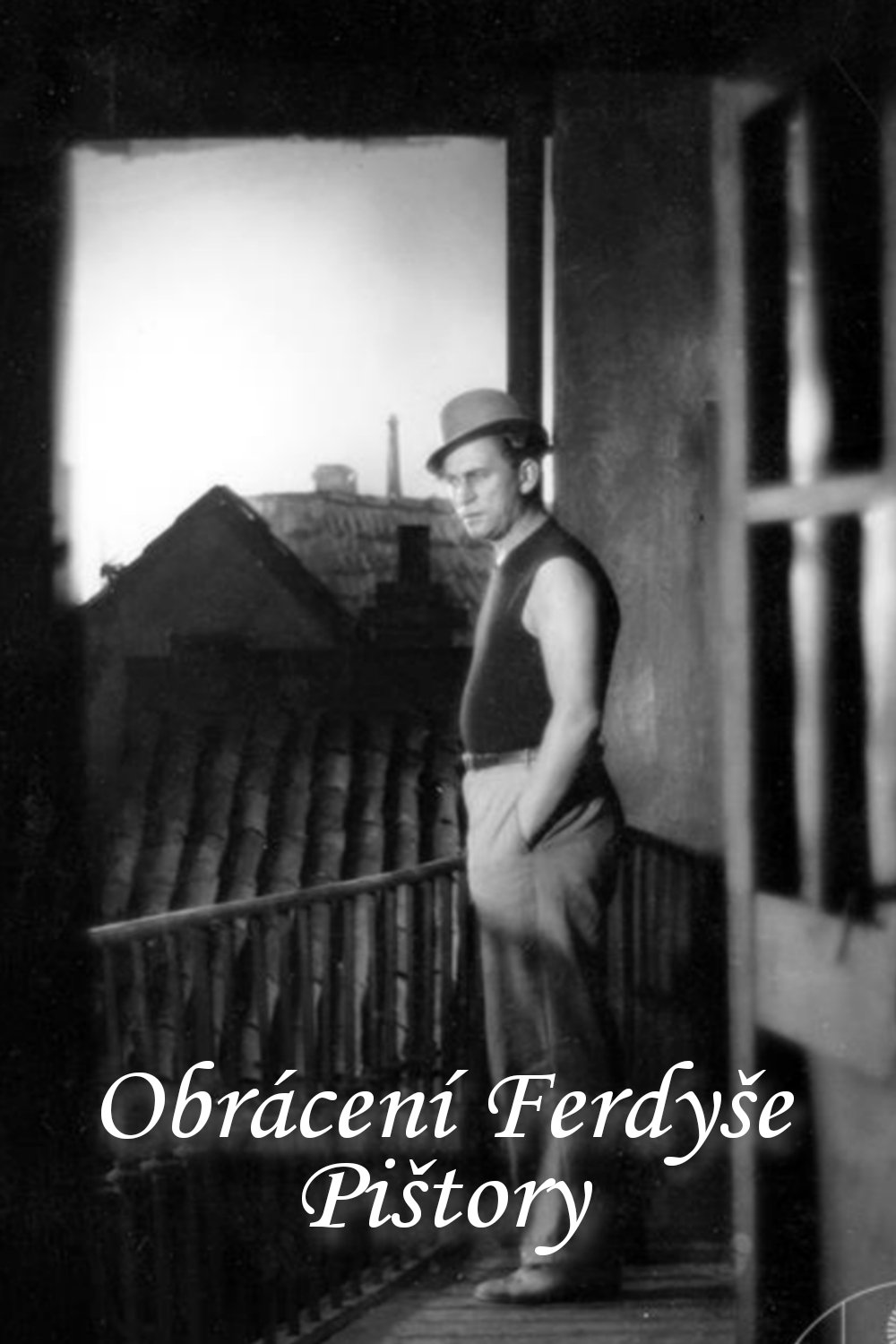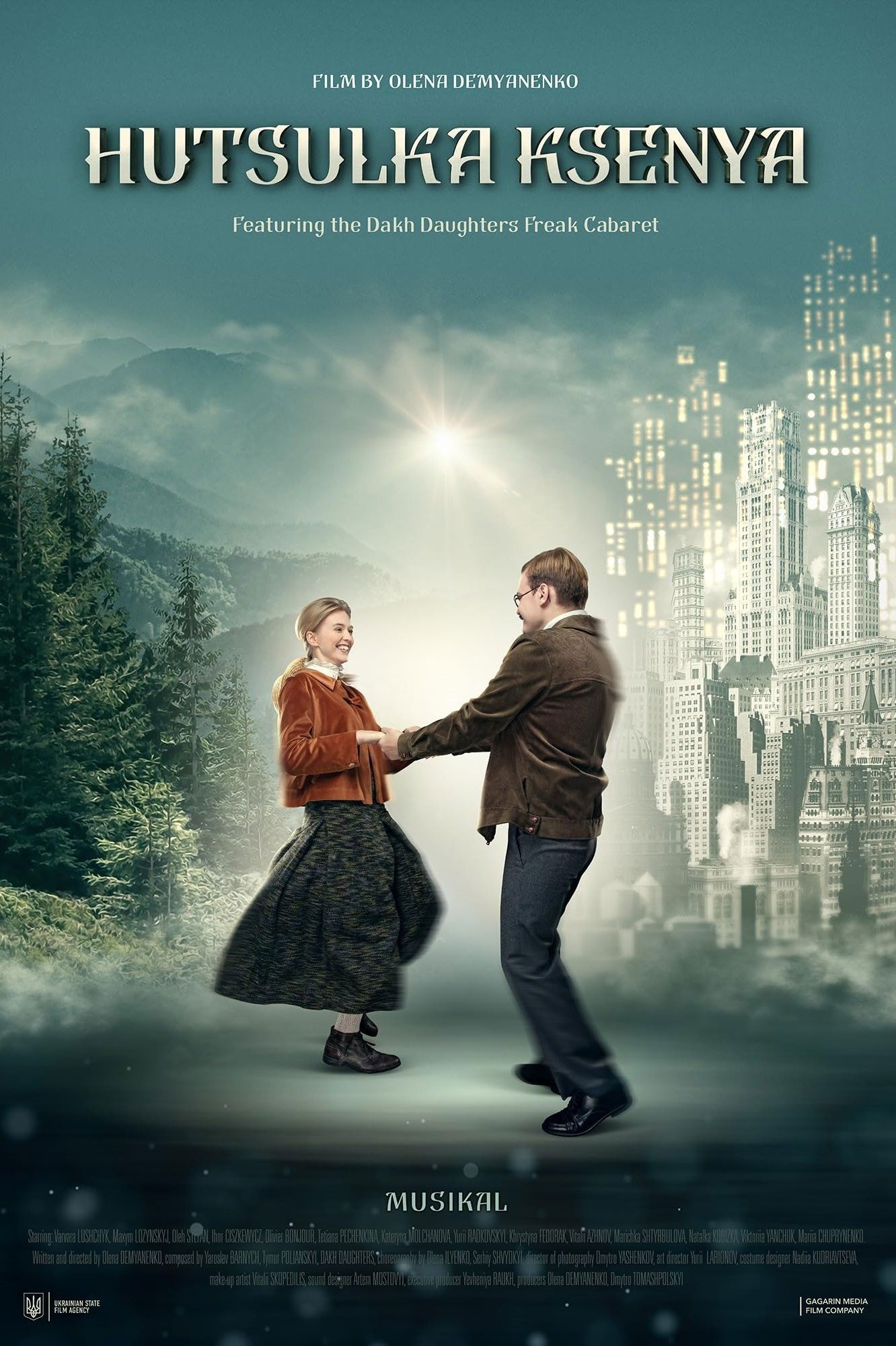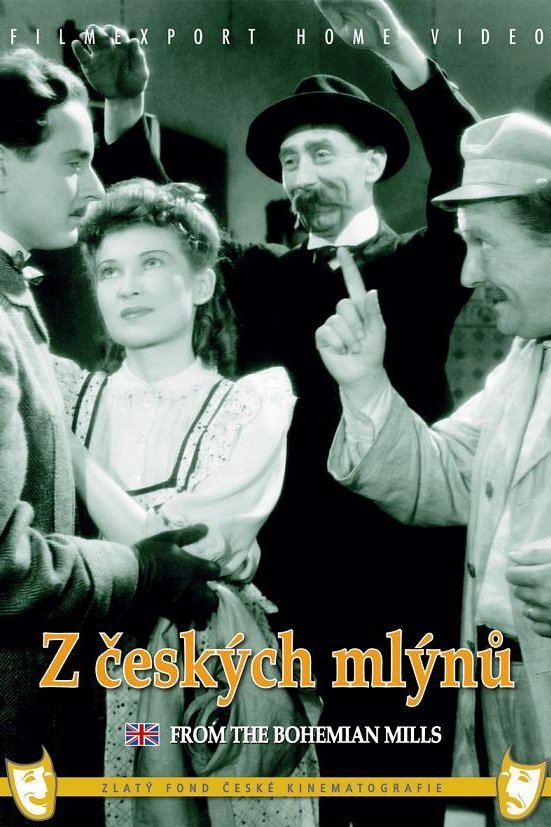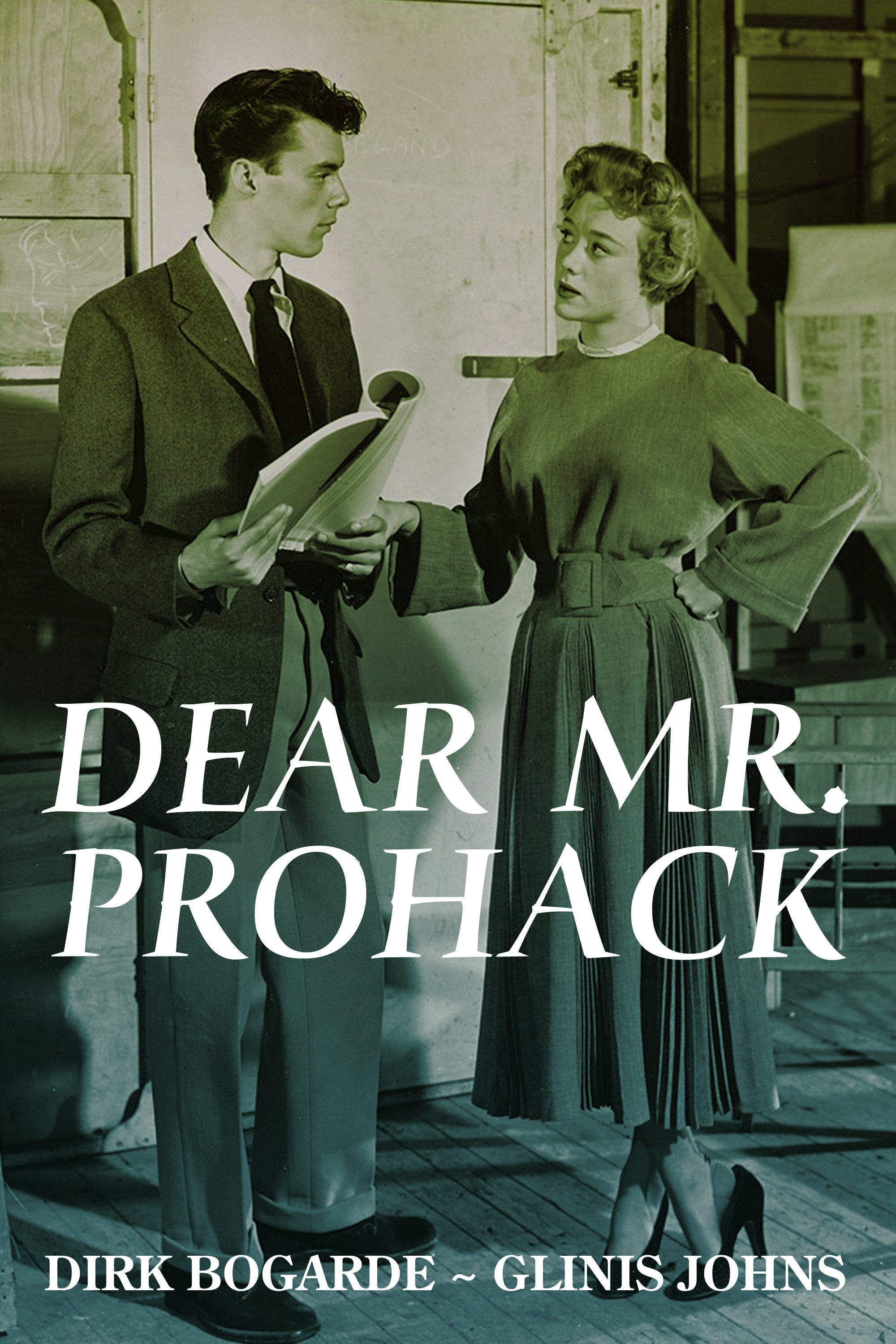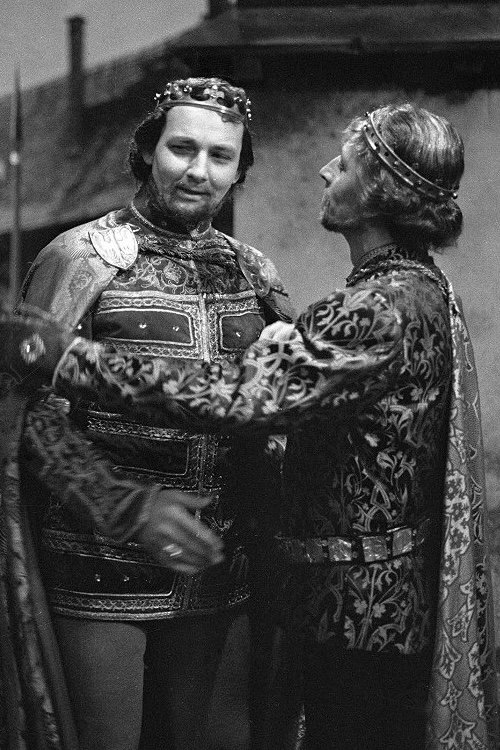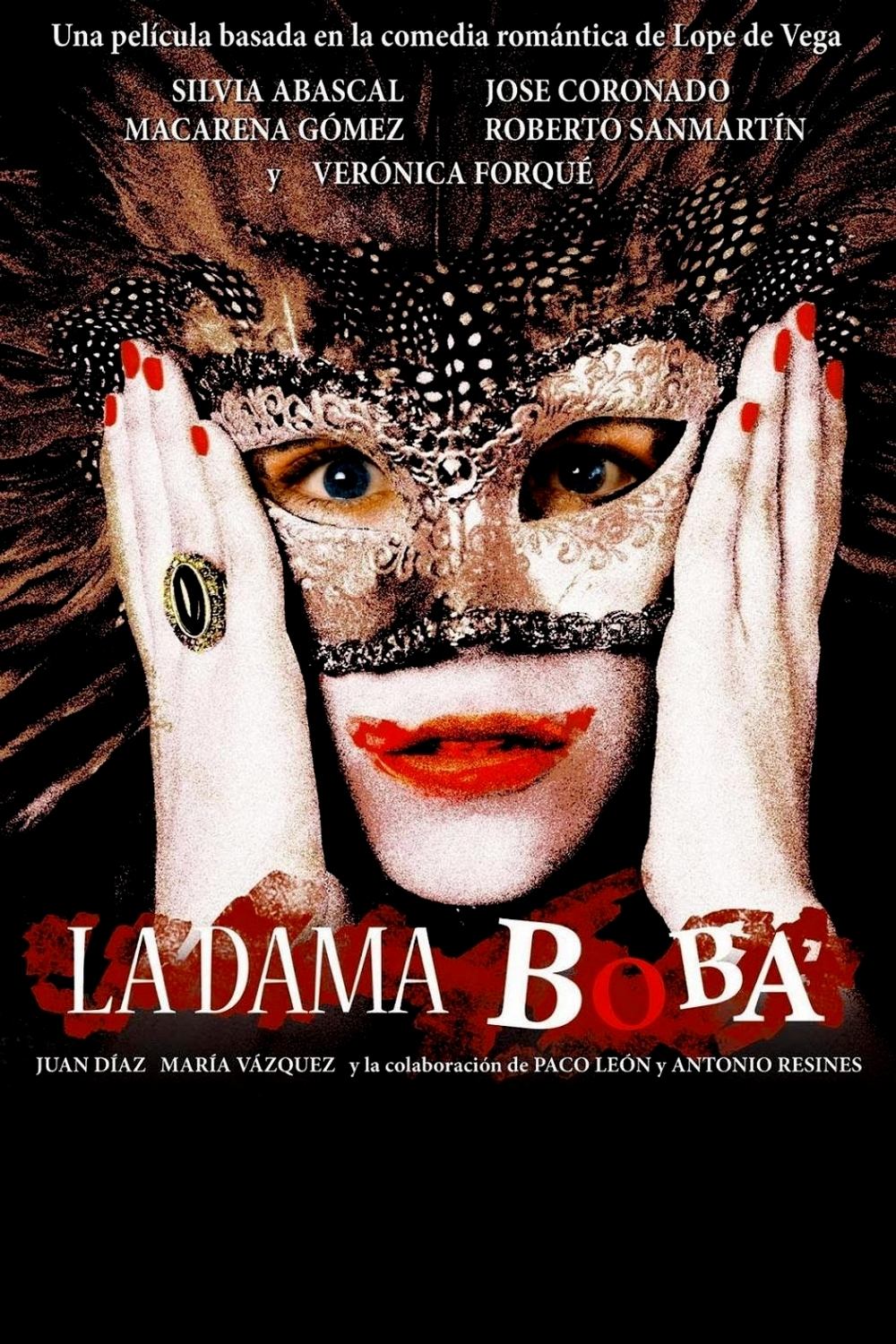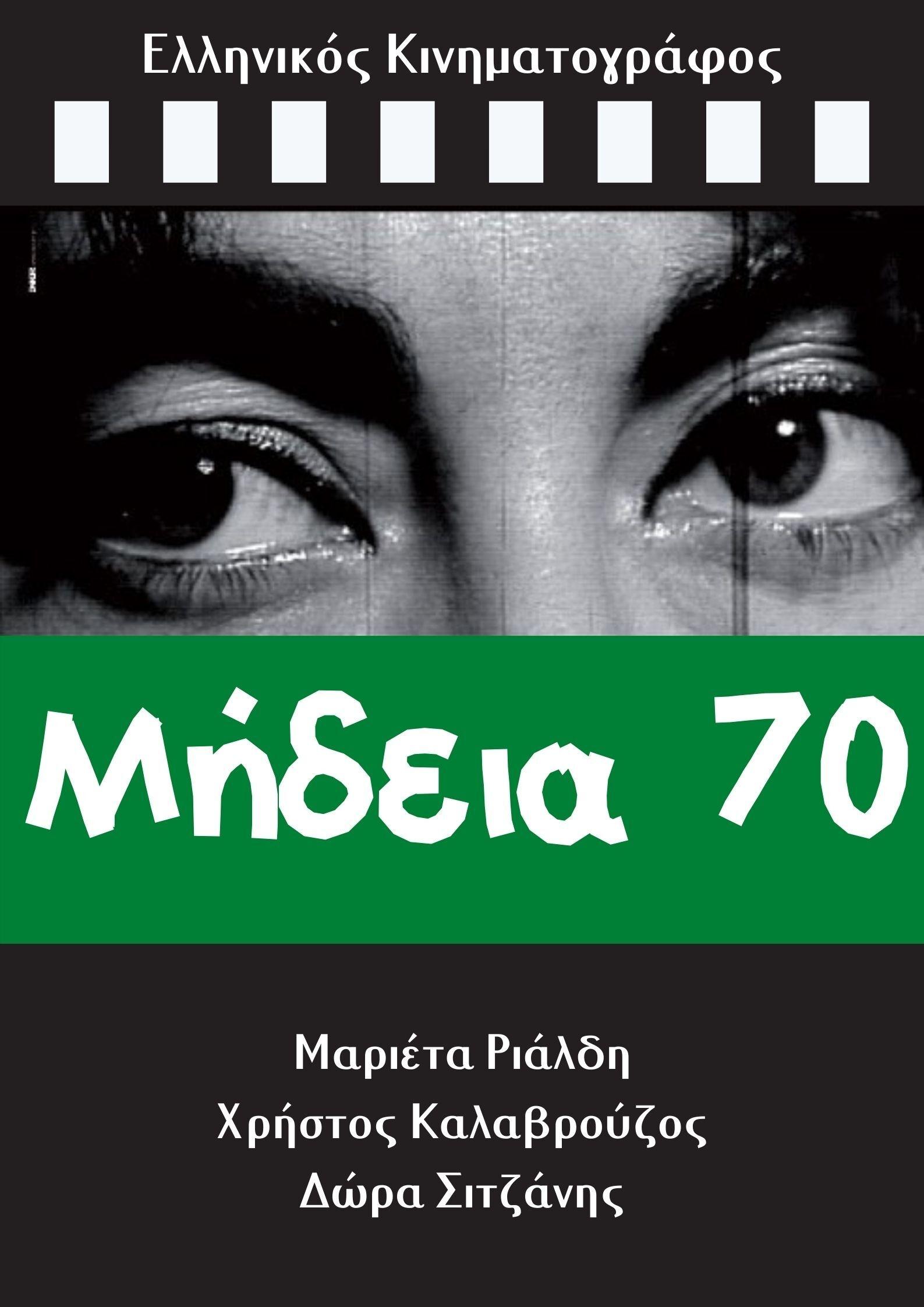Výnosné miesto
Watch Movie
Share
Výnosné miesto
1965
00.0(0 votes)
Comedy
Drama
Overview
Links & Resources
Social & External
Production Companies

Cast & Crew
10 members
Acting
Elo Romančík
Unknown Role
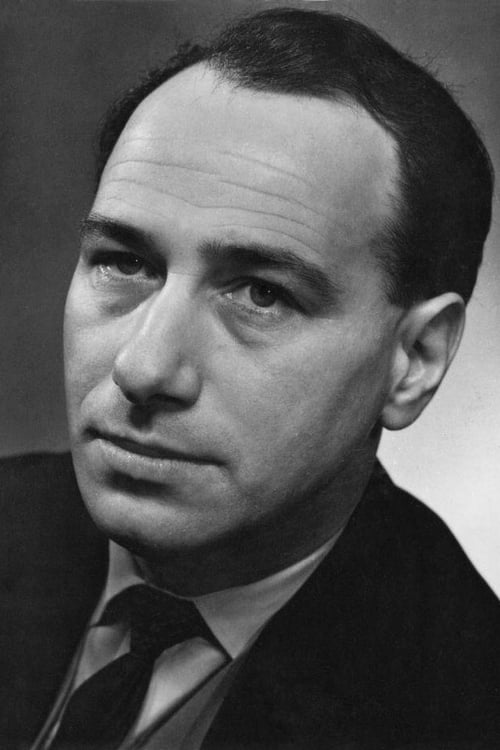
Acting
Mária Kráľovičová
Unknown Role
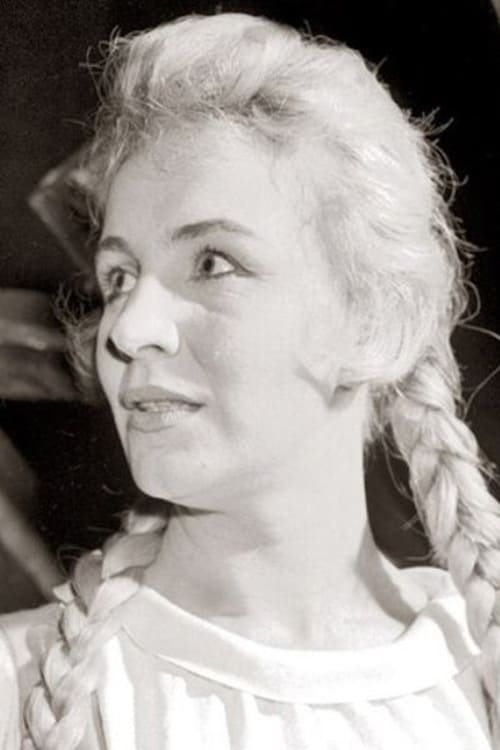
Acting
Štefan Kvietik
Unknown Role
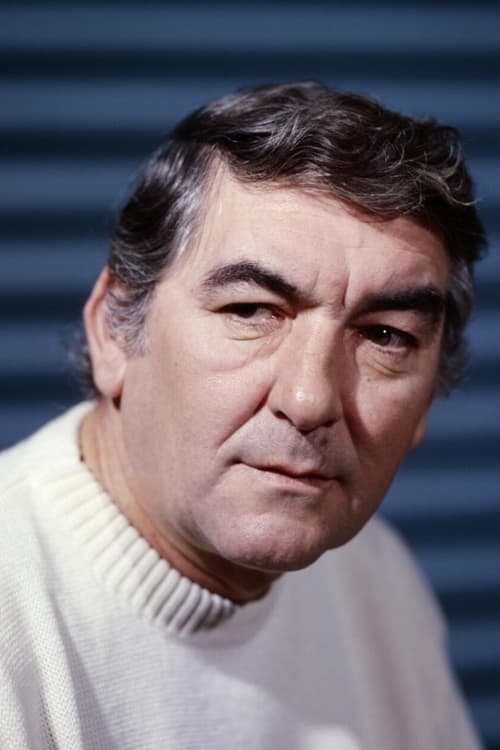
Acting
Dušan Blaškovič
Unknown Role
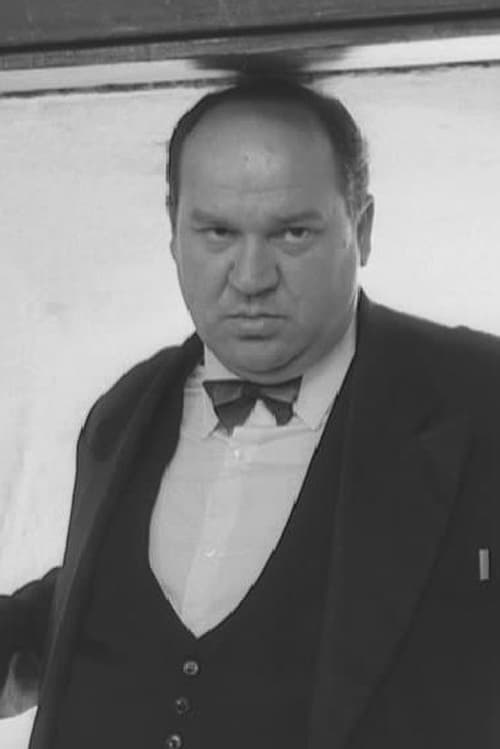
Acting
Anton Mrvečka
Unknown Role

Acting
Mária Hájková
Unknown Role
No Image
Acting
Božidara Turzonovová
Unknown Role
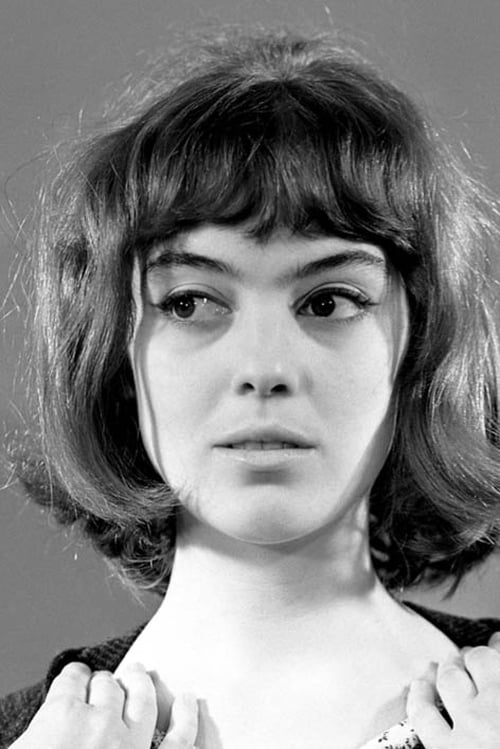
Acting
Viera Topinková
Unknown Role

Acting
Gustáv Valach
Unknown Role
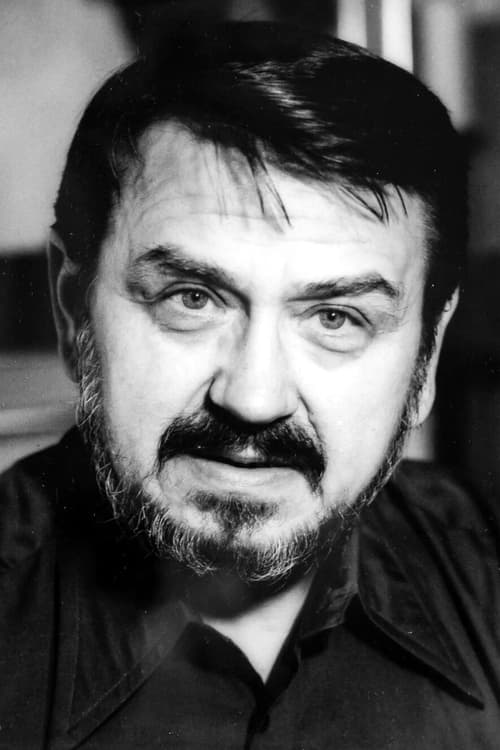
Acting
Gejza Slameň
Unknown Role
No Image
Similar Movies
Recommended Movies

No Recommendations Yet
We're working on finding the perfect movies for you. Check back soon!
More movies coming soon
